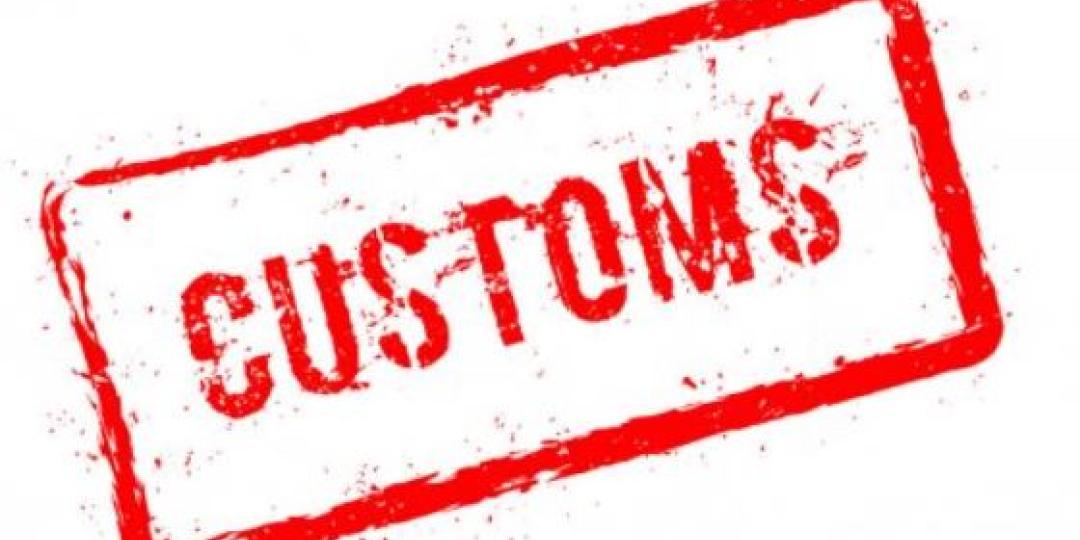On 13 May the World Customs Organization (WCO) announced that in response to the novel coronavirus disease (Covid-19) pandemic, a number of members had designated priority lanes and introduced facilitative measures with regard to the cross-border movement of essential goods. However, there is no internationally recognised definition of essential goods to support those members who are yet to consider providing priority treatment and facilitative measures to such goods.
To remedy the lack of a uniform interpretation and harmonised guidance on the matter, the WCO Secretariat developed a document aimed at highlighting certain provisions of existing WCO instruments and tools, other reference material and members’ practices. The document has been published on the dedicated Covid-19 section of the WCO website.
If devised and implemented in practice in a timely and coordinated manner, under a whole-of government approach, a list of essential goods, equipment and services can be a major measure to facilitate the cross-border movement of relief and essential supplies and to sustain supply chain continuity. However, if interpreted inappropriately, such lists can create bottlenecks and hinder the smooth movement of goods and conveyances.
The WCO hopes that the Secretariat Note on How to establish and utilise essential goods lists during a disaster will support governments in their efforts to facilitate trade and mitigate the effects of the current crisis on members’ economies and societies.
The guidance is accessible at:
